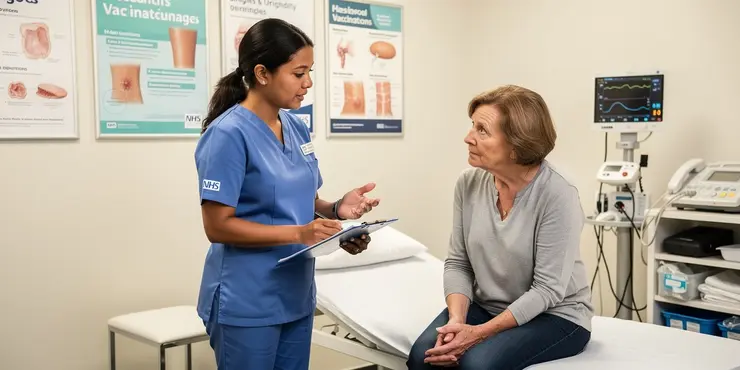
Find Help
More Items From Ergsy search
-
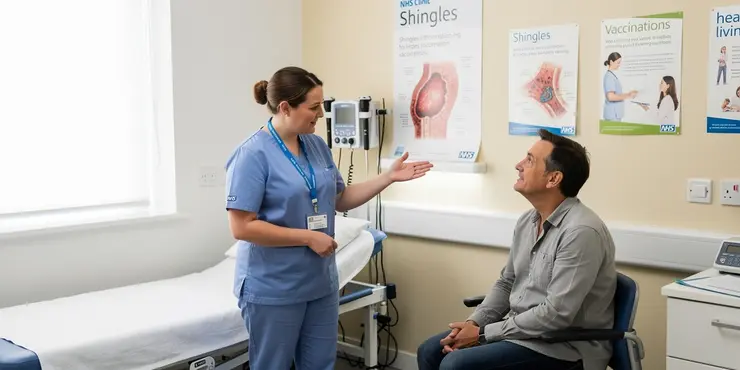
Is shingles contagious?
Relevance: 100%
-
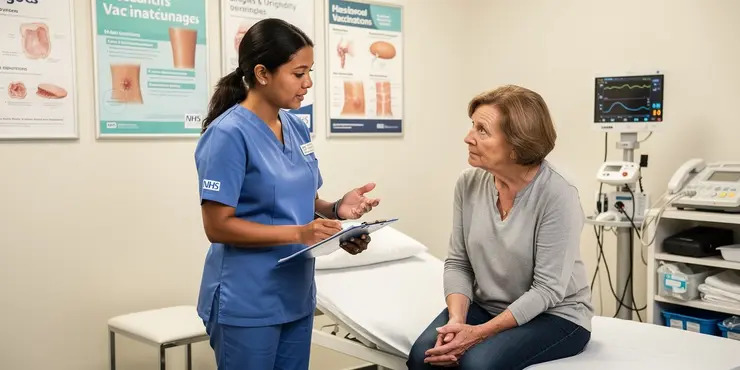
Is shingles contagious?
Relevance: 98%
-
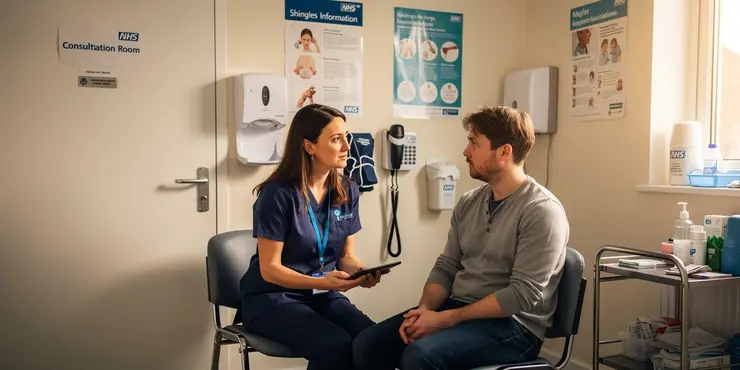
What is shingles?
Relevance: 61%
-
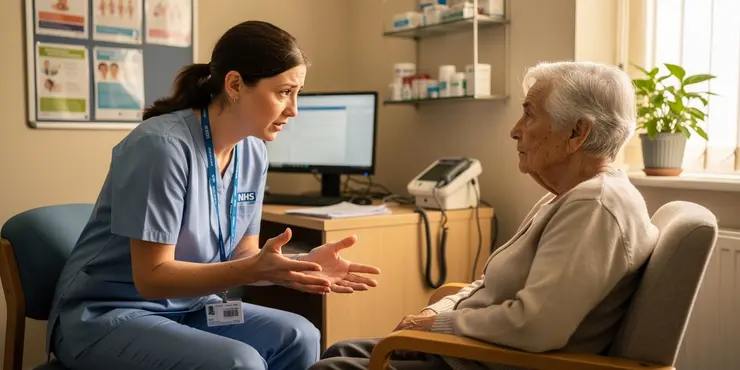
What is Shingles?
Relevance: 61%
-
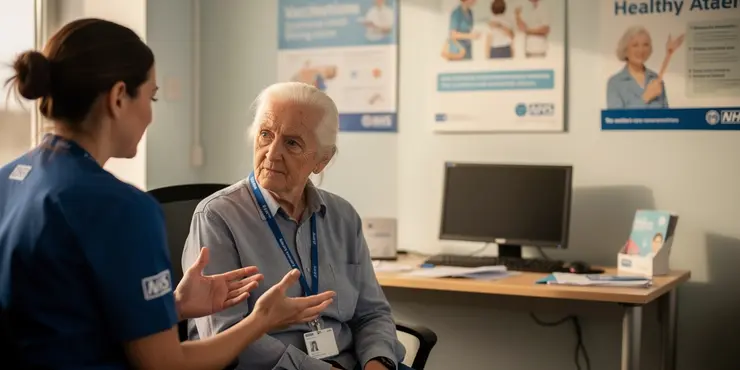
Can shingles be prevented?
Relevance: 59%
-
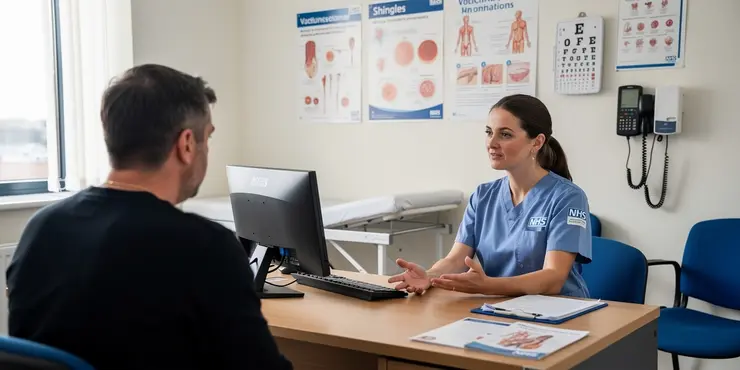
What causes shingles?
Relevance: 59%
-
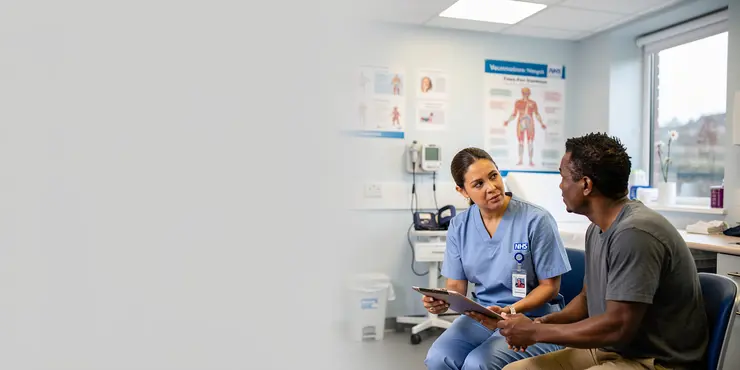
What causes shingles?
Relevance: 58%
-
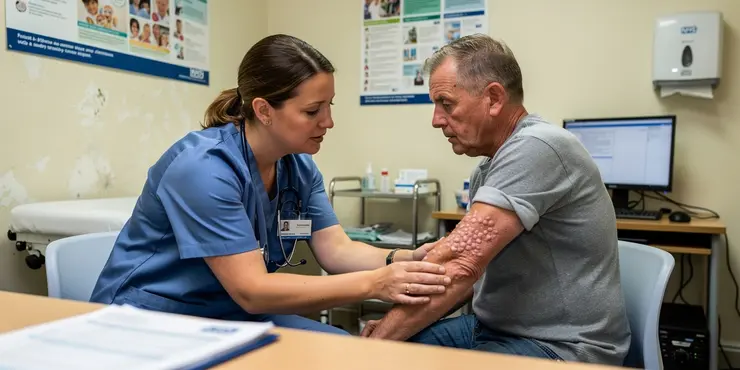
How is shingles diagnosed?
Relevance: 58%
-
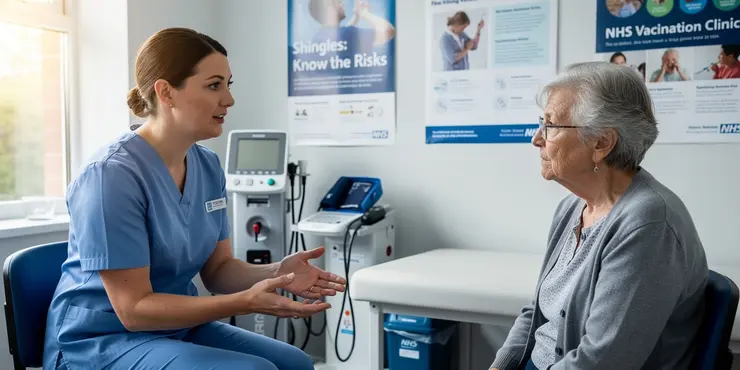
Are there any complications associated with shingles?
Relevance: 56%
-
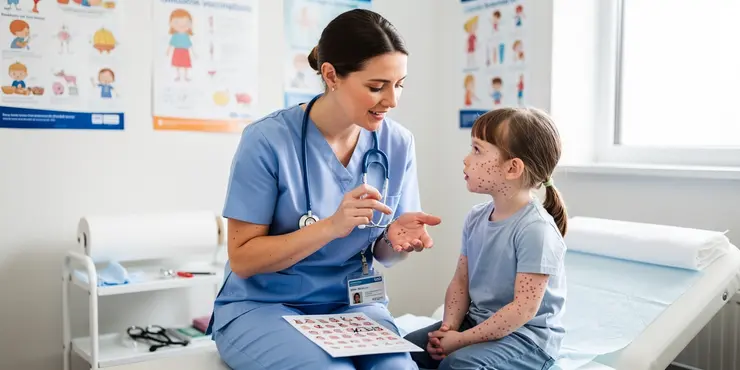
Is chickenpox contagious?
Relevance: 54%
-
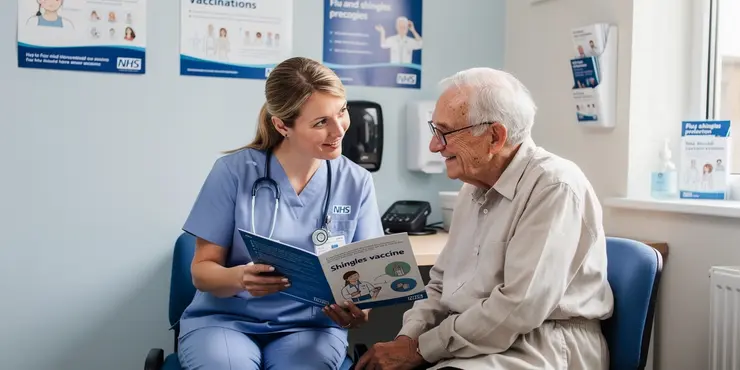
Is the shingles vaccine safe?
Relevance: 53%
-
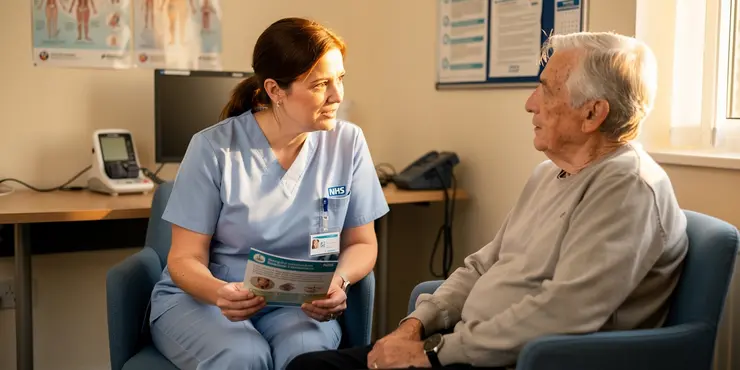
Can shingles be prevented?
Relevance: 53%
-

What are the symptoms of shingles?
Relevance: 53%
-

Who is at risk of developing shingles?
Relevance: 52%
-
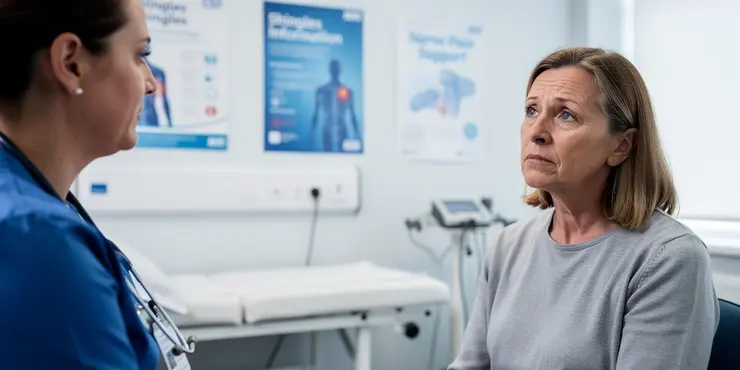
Are there any complications associated with shingles?
Relevance: 51%
-
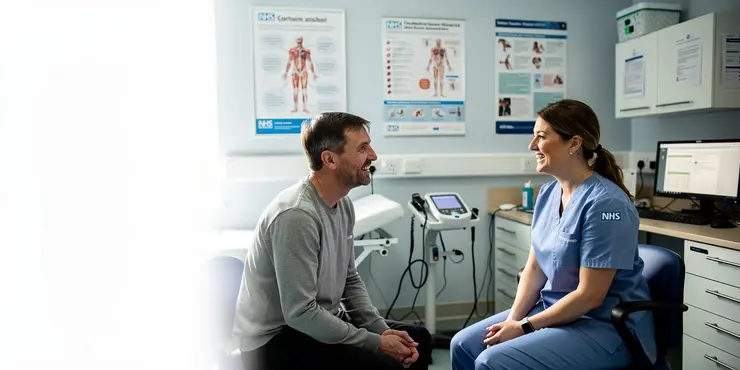
Can stress trigger shingles?
Relevance: 51%
-
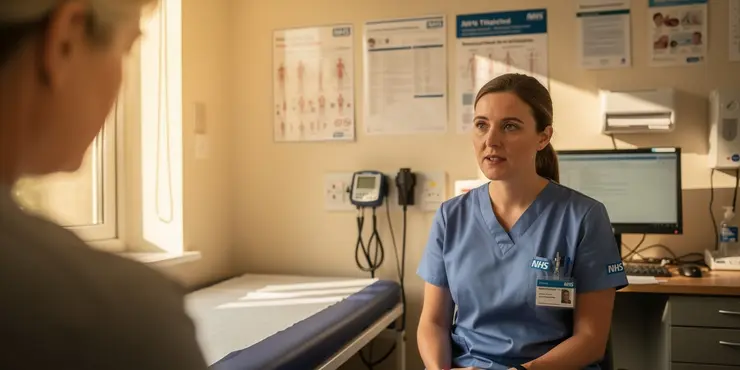
What treatments are available for shingles?
Relevance: 51%
-
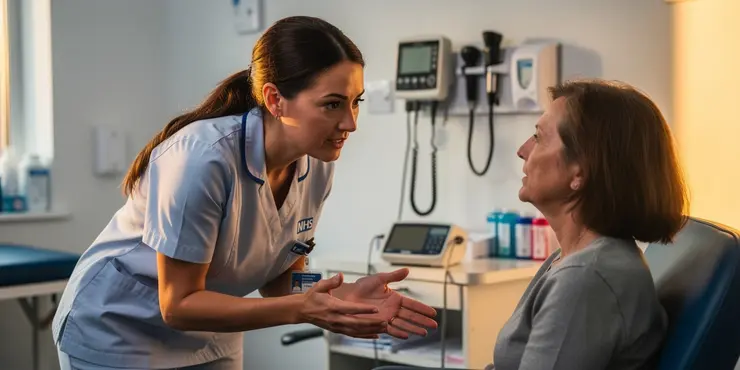
Can stress trigger shingles?
Relevance: 51%
-
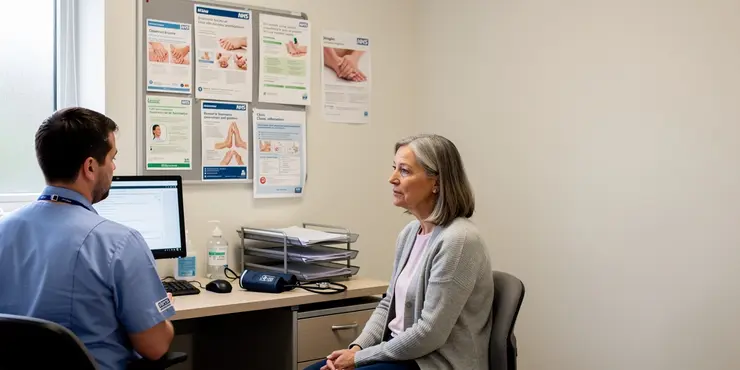
What treatments are available for shingles?
Relevance: 51%
-

Can the shingles vaccine cause chickenpox?
Relevance: 50%
-

Can the shingles vaccine cause chickenpox?
Relevance: 50%
-
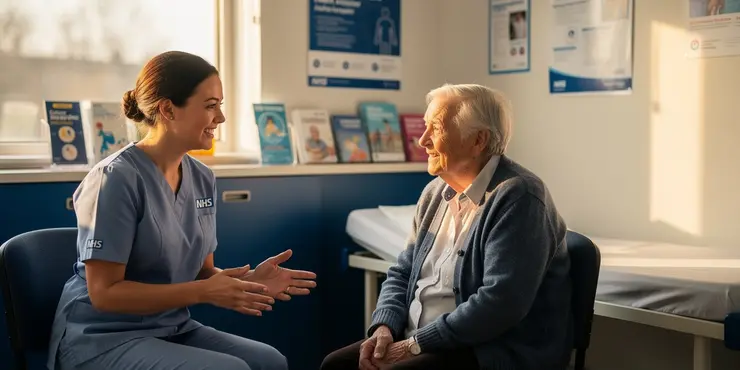
At what age should one get the shingles vaccine?
Relevance: 47%
-
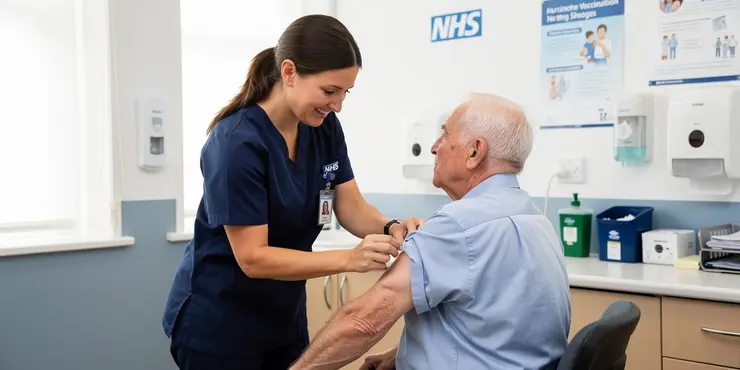
At what age should one get the shingles vaccine?
Relevance: 46%
-
Is meningitis contagious?
Relevance: 45%
-
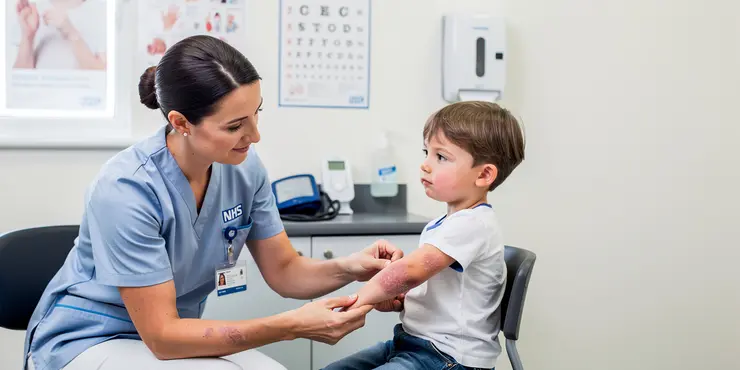
Is eczema contagious?
Relevance: 45%
-
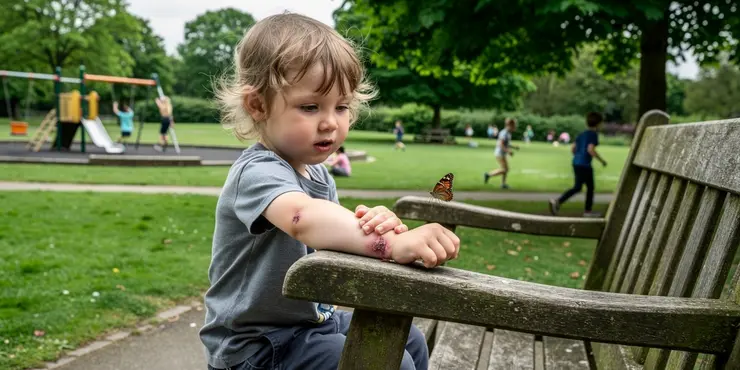
Is impetigo contagious?
Relevance: 43%
-
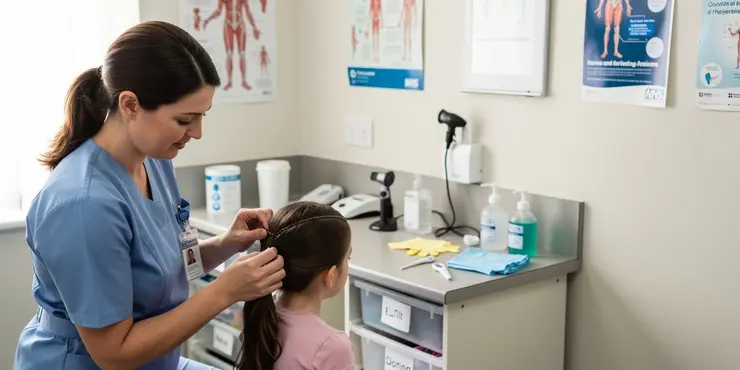
Are nits contagious?
Relevance: 43%
-
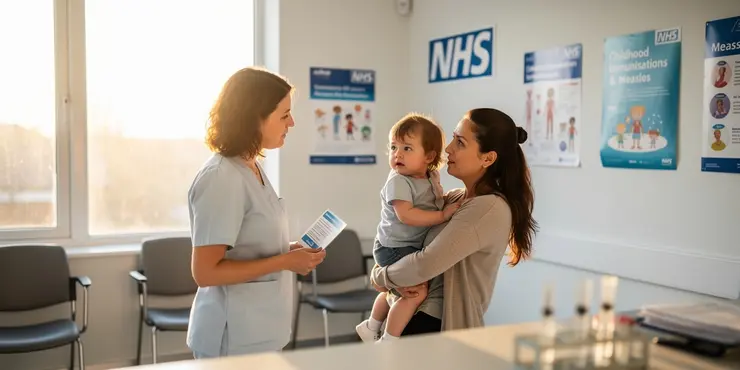
How contagious is measles?
Relevance: 42%
-

Are cold sores contagious?
Relevance: 41%
-
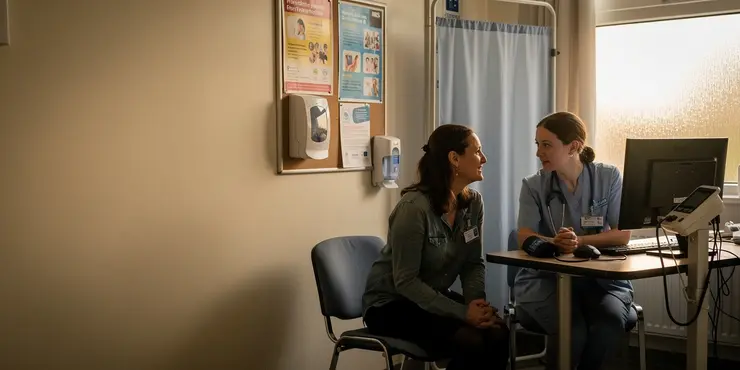
Is Crohn's disease contagious?
Relevance: 41%
-
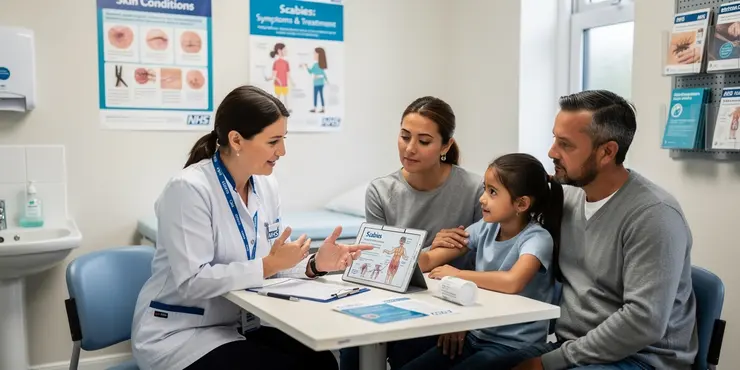
Is scabies contagious?
Relevance: 41%
-
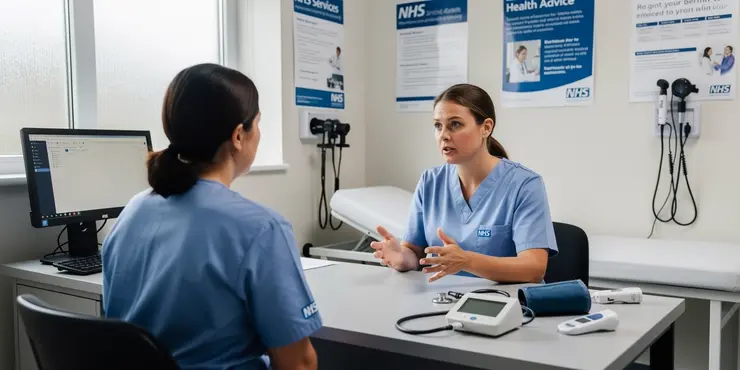
Is the Super Flu contagious?
Relevance: 41%
-
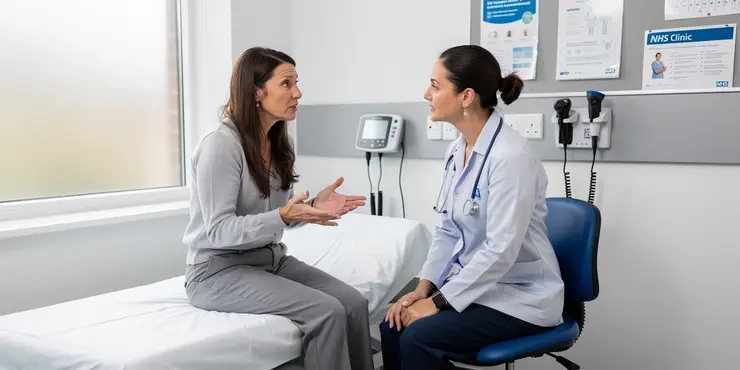
What should I do if I think I have shingles?
Relevance: 40%
-
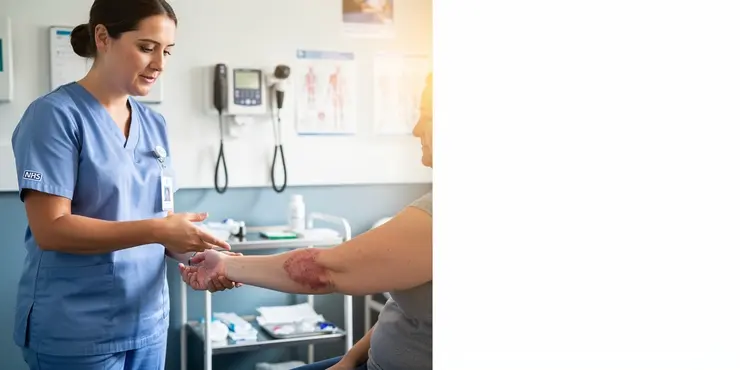
Is nettle rash contagious?
Relevance: 40%
-
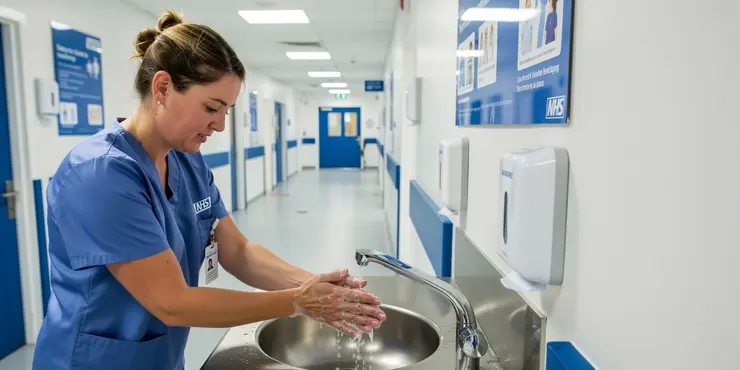
Are E. coli infections contagious?
Relevance: 39%
-
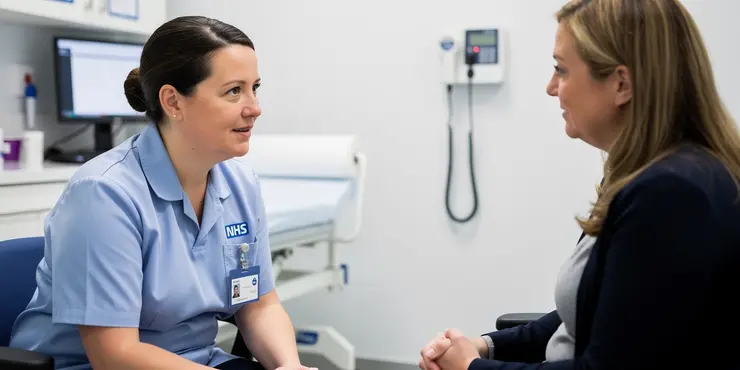
Is the Nimbus variant more contagious?
Relevance: 39%
-
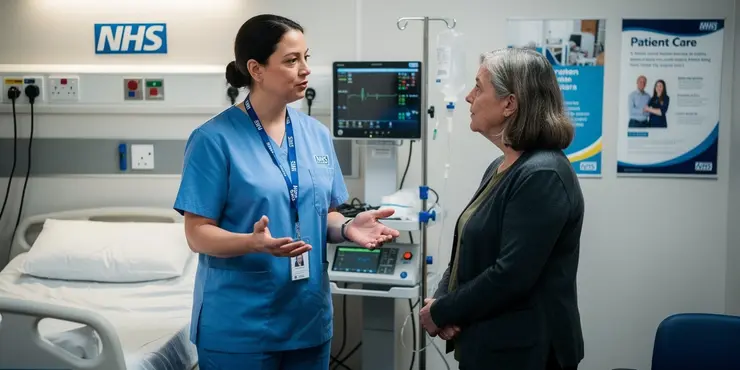
Is flesh-eating disease contagious?
Relevance: 39%
-
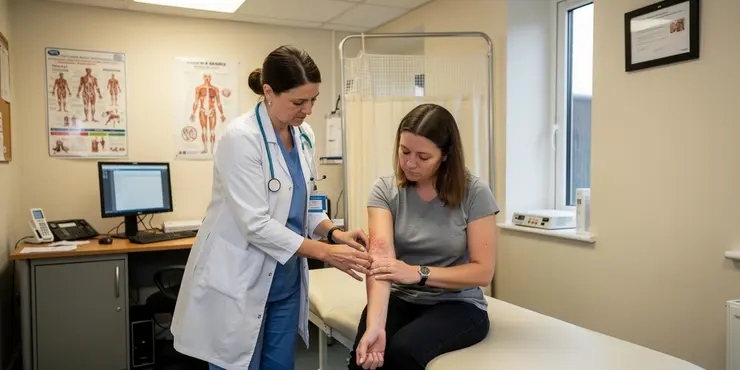
How is shingles diagnosed?
Relevance: 38%
-
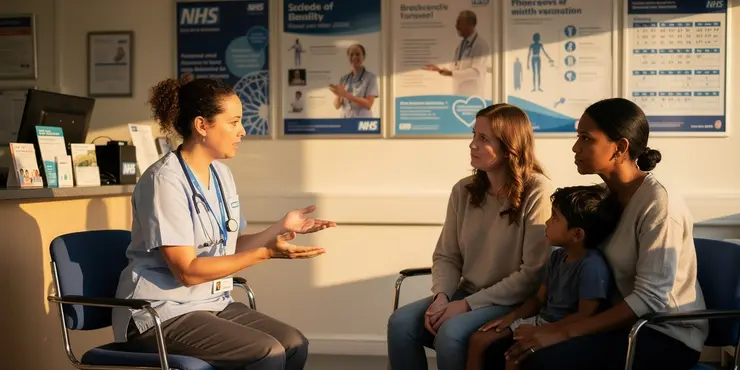
How long is a person with measles contagious?
Relevance: 38%
-

Is chronic fatigue syndrome contagious?
Relevance: 37%
Understanding Shingles
Shingles, known medically as herpes zoster, is a viral infection that causes a painful rash. It is caused by the varicella-zoster virus, the same virus responsible for chickenpox. After someone recovers from chickenpox, the virus remains dormant in the body's nerve tissues and can reactivate years later to cause shingles.
Is Shingles Contagious?
While shingles itself is not contagious, the varicella-zoster virus can be spread from a person with active shingles to someone who has never had chickenpox. If this happens, the exposed person will develop chickenpox, not shingles. It is essential to note that once a person has had chickenpox, they cannot catch shingles from someone else.
The virus spreads through direct contact with the fluid from the blisters of the shingles rash. It is not spread through sneezing, coughing, or casual contact, which reduces the risk of transmission. Once the rash has developed crusts, the person is no longer contagious.
Preventing Transmission
To minimise the risk of spreading the varicella-zoster virus from a person with shingles to others, especially those who haven't had chickenpox or are immunocompromised, several precautions should be taken:
- Avoid direct contact with the rash.
- Keep the rash covered with a bandage or clothing.
- Wash hands frequently to reduce the spread of the virus.
- Avoid sharing items like towels or bedding that may have come into contact with the rash.
Who Is at Risk?
Certain populations are at greater risk of developing chickenpox after exposure to someone with shingles. This includes infants, pregnant women who haven't had chickenpox, and individuals with weakened immune systems like those undergoing chemotherapy or living with HIV. These groups should avoid contact with anyone diagnosed with shingles until the rash has crusted over.
Vaccination and Protection
The introduction of vaccines such as the chickenpox vaccine and the shingles vaccine (Shingrix) has significantly reduced the incidence of both diseases. The chickenpox vaccine is part of the routine childhood vaccination schedule in many countries, although not currently in the UK. Shingrix is recommended for adults over the age of 50, and it provides strong protection against shingles and its complications.
Vaccination not only protects individuals but also helps prevent the spread of the varicella-zoster virus in the community. Therefore, public health efforts continue to focus on improving vaccine uptake among eligible populations to reduce the incidence and transmission of these infections.
Understanding Shingles
Shingles is an infection that causes a painful skin rash. It is also called herpes zoster. It comes from the same virus that causes chickenpox. If you had chickenpox before, the virus stays inside your body. Sometimes, it wakes up and causes shingles.
Is Shingles Contagious?
Shingles itself does not spread from person to person. But if someone with shingles touches you and you never had chickenpox, you can get chickenpox, not shingles. Once you have had chickenpox, you cannot get shingles from someone else.
The virus spreads if you touch the fluid from the blisters of the shingles rash. You cannot catch it by sneezing, coughing, or just being near someone. When the rash gets crusty, the person is no longer spreading the virus.
Preventing Transmission
To stop spreading the virus from someone with shingles:
- Do not touch the rash.
- Keep the rash covered with a bandage or clothes.
- Wash your hands a lot.
- Do not share towels or bedding with the person who has shingles.
Who Is at Risk?
Some people can get sick from the virus more easily. This includes babies, pregnant women who never had chickenpox, and people with weak immune systems. These people should stay away from anyone with shingles until the rash is crusted over.
Vaccination and Protection
Vaccines can help protect against shingles and chickenpox. Many children get the chickenpox vaccine. There is a vaccine called Shingrix for adults over 50 to stop shingles. Vaccines help protect people and stop the virus from spreading. Health workers try to make sure that everyone who should get the vaccine does get it.
Frequently Asked Questions
Is shingles contagious?
Shingles itself is not contagious. However, the varicella-zoster virus that causes shingles can be spread to someone who has never had chickenpox, potentially causing them to develop chickenpox.
How is the virus that causes shingles spread?
The virus that causes shingles can be spread through direct contact with the fluid from the rash blisters caused by shingles.
Can someone with shingles spread the virus through the air?
No, the virus is not spread through the air from coughing or sneezing. It is spread through direct contact with the rash blisters.
Can you get shingles from someone who has chickenpox?
No, shingles cannot be contracted from someone who has chickenpox. Shingles occurs when the varicella-zoster virus reactivates in someone who already had chickenpox.
If I've had chickenpox, can I get shingles from someone else?
No, if you have had chickenpox, you cannot catch shingles from someone else. Shingles is a reactivation of your own dormant virus.
What precautions should I take if I have shingles?
Avoid contact with pregnant women, infants, and those with weakened immune systems. Keep the rash covered and avoid touching the blisters.
If I have shingles, how long am I contagious?
You are contagious until the rash has crusted over, which usually takes 7 to 10 days.
Can shingles be spread in a swimming pool?
There is no evidence that shingles can be spread in a swimming pool or through water.
Is it safe to be around someone with shingles if I am pregnant?
Pregnant women who haven't had chickenpox should avoid contact with anyone who has shingles.
What are the symptoms of shingles?
Symptoms include a painful rash with blisters, itching, and sometimes fever or headache.
What should I do if I've been exposed to someone with shingles?
If you haven't had chickenpox or the vaccine, contact a healthcare provider. They may offer the vaccine to prevent chickenpox.
How can the spread of the virus be prevented in a household?
Avoid sharing items, wash your hands frequently, and cover the rash properly.
Can a vaccinated person get shingles?
Yes, but the risk is reduced. The chickenpox vaccine can reduce the risk of developing shingles later.
Can shingles cause complications?
Yes, complications can include postherpetic neuralgia and, rarely, vision loss if the rash affects the eye.
Who is at higher risk for developing shingles?
Older adults and people with weakened immune systems are at higher risk.
Is there a vaccine for shingles?
Yes, vaccines such as Shingrix are available and recommended for older adults.
Can children get shingles?
Yes, though it's more common in adults, children can get shingles if they've had chickenpox.
Does having chickenpox more than once affect the risk of shingles?
No, shingles is related to the reactivation of the virus, not repeated chickenpox infections.
Can shingles be treated?
Yes, antiviral medications can reduce the severity and duration of the symptoms if taken early.
What are the long-term effects of shingles?
Most people recover fully, but some may experience long-term pain or complications.
Can you catch shingles from someone?
Shingles cannot be passed from one person to another. But the virus that causes shingles can be spread. If someone who never had chickenpox catches the virus, they might get chickenpox.
How does the virus that causes shingles spread?
You can catch the virus that causes shingles if you touch the liquid from the rash blisters of someone who has shingles.
Can a person with shingles make other people sick through the air?
Let's find out if a person who has shingles can make others sick just by breathing the same air.
If you have shingles, you can help by:
- Keeping the rash covered
- Washing your hands often
- Staying away from people until you feel better
If you want to learn more about shingles, you can:
- Ask a doctor
- Read simple books
- Watch videos made for kids
No, the virus does not spread through the air when you cough or sneeze. It spreads when you touch the rash blisters.
Can you catch shingles from someone with chickenpox?
No, you cannot catch shingles from someone who has chickenpox.
Shingles and chickenpox are caused by the same virus.
If you have never had chickenpox before, you can catch it from someone with shingles. But you cannot get shingles this way.
If you want help reading, you can use tools that read the text out loud. You can also ask someone to explain it to you.
No, you cannot get shingles from someone with chickenpox. Shingles happens when a virus called varicella-zoster wakes up in a person who already had chickenpox before.
If I had chickenpox, can I catch shingles from someone?
If you already had chickenpox, you cannot catch shingles from someone. Shingles is caused by the same virus that gives you chickenpox. When you get better from chickenpox, the virus stays in your body. Later, it can come back as shingles.
If you have questions or worries, talk to a doctor or nurse. They can help you understand more. Reading with a friend or using audiobooks can also make it easier to learn.
No, you cannot get shingles from someone else if you have had chickenpox before. Shingles comes from a virus that is already in your body.
What should I do if I have shingles?
If you have shingles, follow these steps:
- See a doctor for help. They can give you medicine.
- Rest and try to relax. It can help you feel better.
- Keep the rash clean and dry. This stops germs.
- Wear loose clothes. Tight clothes can hurt the skin.
- Don't touch the rash. This helps stop spreading it.
Some things can help you:
- Ask someone you trust for help.
- Use a soft cloth and warm water to clean the rash.
- Stay away from people until the rash is gone.
Using pictures or a calendar can help you remember what to do every day.
Stay away from people who are pregnant, babies, and people who may get sick easily. Keep the itchy spots covered up and do not touch them.
If I have shingles, how long can I give it to someone else?
If you have shingles, you might spread it to others. You can give shingles to others until your rash dries and forms scabs. This usually takes about 7 to 10 days.
To help, you can:
- Keep the rash covered.
- Wash your hands often.
- Avoid touching the rash.
You can give chickenpox to other people until your spots have all turned into scabs. This usually takes about 7 to 10 days.
Can you catch shingles in a swimming pool?
Shingles is a skin infection. But it's not spread in water like in a swimming pool.
If you have shingles, talk to a doctor about what to do.
For help reading out loud, try using an audiobook tool or ask a friend.
There is no proof that you can catch shingles from swimming pools or water.
Can I be near someone with shingles if I am having a baby?
If a woman is going to have a baby and has never had chickenpox, she should stay away from people with shingles.
What are the signs of shingles?
Shingles is an illness. It gives you a rash and hurts.
Here are some signs you might have shingles:
- Red spots on your body
- Pain in the spots
- The spots might itch
- You might feel tired or sick
If you think you have shingles, tell a grown-up or see a doctor.
Using pictures or videos can help you understand better.
You might have a sore rash with blisters. It can be itchy. You might also have a fever or a headache.
What do I do if I have been near someone with shingles?
If you have been close to someone with shingles, follow these steps:
- Stay calm and try not to worry.
- Shingles can make you sick, but you can only get it if you had chickenpox before.
- Talk to a grown-up you trust, like a parent or doctor.
- Wash your hands to keep them clean.
- If you feel sick, tell the grown-up.
Use tools like pictures or videos to help you understand better.
If you have never had chickenpox or the chickenpox shot, talk to your doctor. They can give you the shot to keep you safe from chickenpox.
How can you stop the virus from spreading at home?
Do not share things with other people. Wash your hands a lot. Make sure to cover up any rashes on your skin properly.
Can someone with the shingles vaccine still get shingles?
Yes, but the risk is smaller. The chickenpox vaccine can make it less likely that you will get shingles later.
Can shingles cause other problems?
Yes, problems can happen. Sometimes, people might have pain, called postherpetic neuralgia. This can happen after the rash goes away. Rarely, it can make it hard to see if the rash is near the eye.
Who is more likely to get shingles?
Older people and people who have weak bodies can get sick more easily.
Is there a shot for shingles?
Yes, there is a shot to help stop shingles.
Shingles is a rash that can hurt a lot. It is important to get the shingles shot to stay healthy.
If you or someone you know is worried about shingles, talk to a doctor or nurse.
Using pictures or asking someone for help can make it easier to understand.
Yes, there are vaccines like Shingrix that older people should get.
Can kids get shingles?
Yes, kids can get shingles. It's not very common, but it can happen. Shingles is a skin rash that can be painful.
What helps?
If you think a child has shingles, talk to a doctor. They can help with medicine and advice. Keep the rash clean and dry. Try to stop scratching.
Need more help?
Ask someone you trust to help you understand. Look at pictures or videos together. Use simple sentences to explain what is happening.
Yes, kids can get shingles, but it usually happens to adults. If a child has had chickenpox before, they can get shingles.
Can you get shingles if you had chickenpox twice?
If you had chickenpox two times, can that change your chance of getting shingles?
Chickenpox and shingles are linked because the same virus causes them. After you have chickenpox, the virus stays in your body. It can later cause shingles.
Usually, people only get chickenpox once. But a few people might get it more than once.
If you're worried about shingles, talk to your doctor. They can help you understand more.
Use pictures, diagrams, or videos to help understand the information better. Ask someone to explain words that are difficult. Writing things down might also help.
No, shingles happens when the virus from chickenpox wakes up in your body. It is not from getting chickenpox again and again.
Can shingles be treated?
Yes, shingles can be treated. If you have shingles:
- Go to the doctor. They can give you medicine to help you feel better.
- Rest and take care of yourself.
- Put cool, wet cloths on the sore spots to help the pain.
If reading this is hard, you can ask someone you trust to help you understand.
Yes, taking medicine early can help you feel better faster and make the sickness less strong.
What happens after you have shingles?
Shingles is a skin rash. It can cause pain. Here is what can happen later:
- Pain: Some people feel pain even after the rash is gone.
- Itchiness: The skin might itch for a long time.
- Feeling tired: You might feel tired for weeks.
- Other problems: In some cases, shingles can cause problems with your eyes or hearing.
Do you need help to read better? Try asking someone to read with you. You can also use audiobooks or a text-to-speech tool to listen to the words.
Most people get better, but some might have pain or problems that last a long time.
Useful Links
This website offers general information and is not a substitute for professional advice.
Always seek guidance from qualified professionals.
If you have any medical concerns or need urgent help, contact a healthcare professional or emergency services immediately.
Some of this content was generated with AI assistance. We’ve done our best to keep it accurate, helpful, and human-friendly.
- Ergsy carfully checks the information in the videos we provide here.
- Videos shown by Youtube after a video has completed, have NOT been reviewed by ERGSY.
- To view, click the arrow in centre of video.
- Most of the videos you find here will have subtitles and/or closed captions available.
- You may need to turn these on, and choose your preferred language.
- Go to the video you'd like to watch.
- If closed captions (CC) are available, settings will be visible on the bottom right of the video player.
- To turn on Captions, click settings .
- To turn off Captions, click settings again.
More Items From Ergsy search
-

Is shingles contagious?
Relevance: 100%
-

Is shingles contagious?
Relevance: 98%
-

What is shingles?
Relevance: 61%
-

What is Shingles?
Relevance: 61%
-

Can shingles be prevented?
Relevance: 59%
-

What causes shingles?
Relevance: 59%
-

What causes shingles?
Relevance: 58%
-

How is shingles diagnosed?
Relevance: 58%
-

Are there any complications associated with shingles?
Relevance: 56%
-

Is chickenpox contagious?
Relevance: 54%
-

Is the shingles vaccine safe?
Relevance: 53%
-

Can shingles be prevented?
Relevance: 53%
-

What are the symptoms of shingles?
Relevance: 53%
-

Who is at risk of developing shingles?
Relevance: 52%
-

Are there any complications associated with shingles?
Relevance: 51%
-

Can stress trigger shingles?
Relevance: 51%
-

What treatments are available for shingles?
Relevance: 51%
-

Can stress trigger shingles?
Relevance: 51%
-

What treatments are available for shingles?
Relevance: 51%
-

Can the shingles vaccine cause chickenpox?
Relevance: 50%
-

Can the shingles vaccine cause chickenpox?
Relevance: 50%
-

At what age should one get the shingles vaccine?
Relevance: 47%
-

At what age should one get the shingles vaccine?
Relevance: 46%
-
Is meningitis contagious?
Relevance: 45%
-

Is eczema contagious?
Relevance: 45%
-

Is impetigo contagious?
Relevance: 43%
-

Are nits contagious?
Relevance: 43%
-

How contagious is measles?
Relevance: 42%
-

Are cold sores contagious?
Relevance: 41%
-

Is Crohn's disease contagious?
Relevance: 41%
-

Is scabies contagious?
Relevance: 41%
-

Is the Super Flu contagious?
Relevance: 41%
-

What should I do if I think I have shingles?
Relevance: 40%
-

Is nettle rash contagious?
Relevance: 40%
-

Are E. coli infections contagious?
Relevance: 39%
-

Is the Nimbus variant more contagious?
Relevance: 39%
-

Is flesh-eating disease contagious?
Relevance: 39%
-

How is shingles diagnosed?
Relevance: 38%
-

How long is a person with measles contagious?
Relevance: 38%
-

Is chronic fatigue syndrome contagious?
Relevance: 37%


